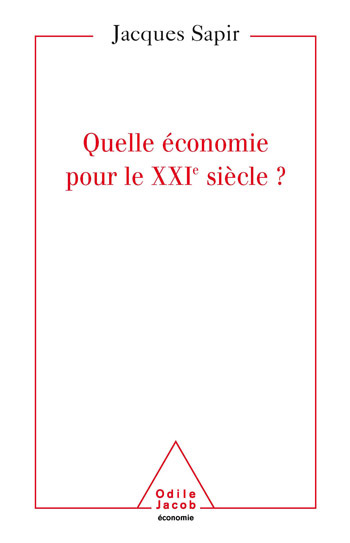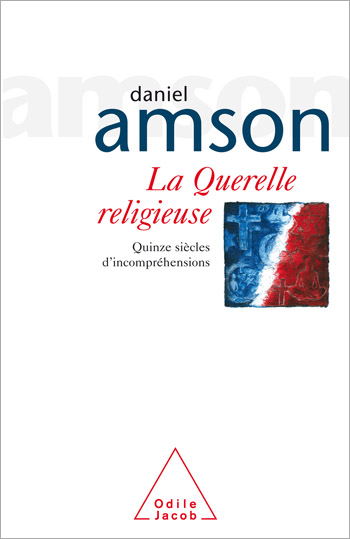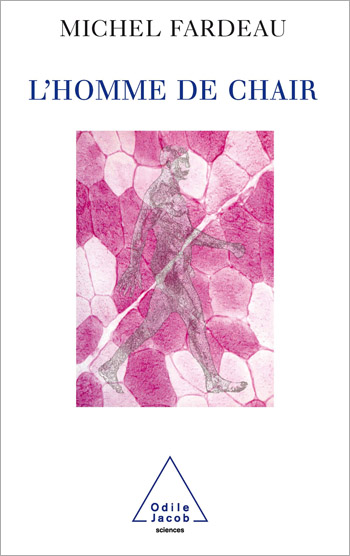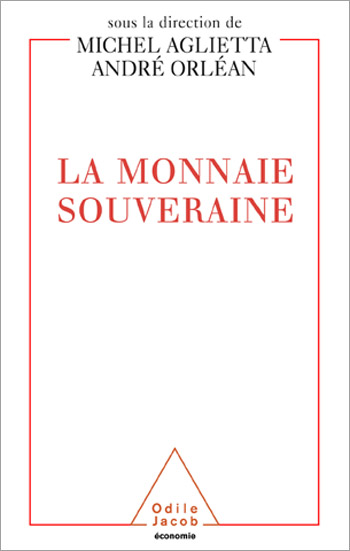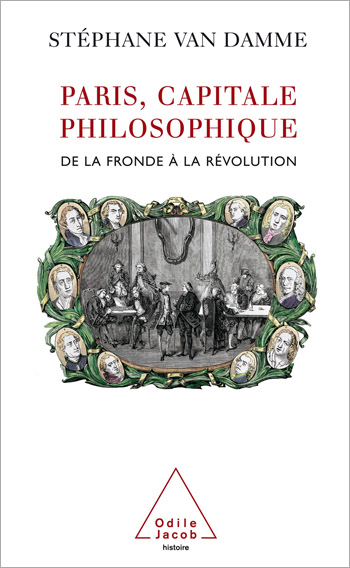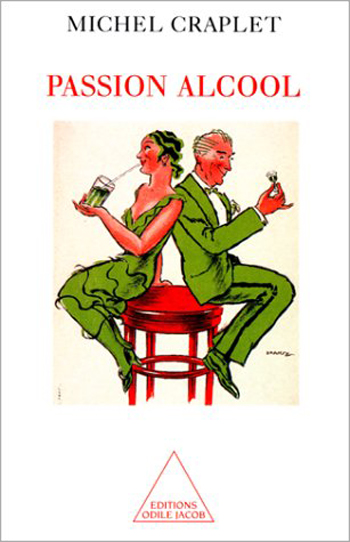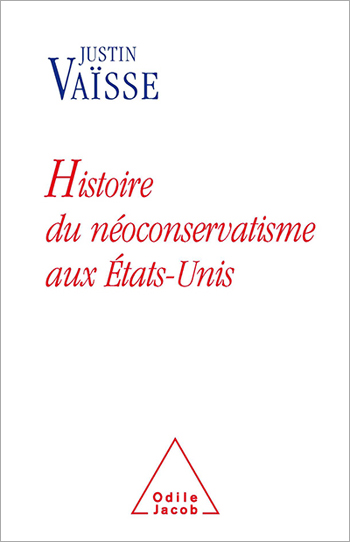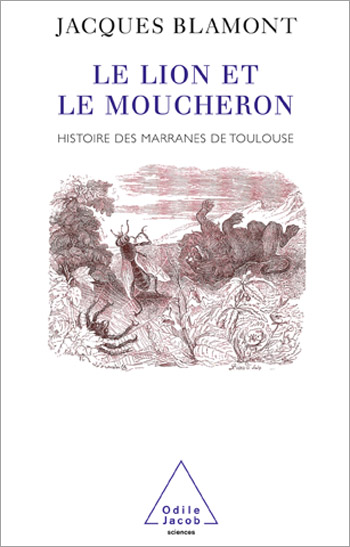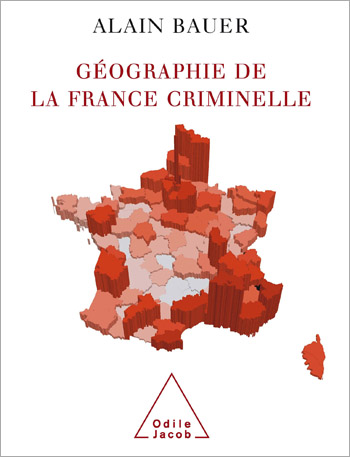Catalog All books
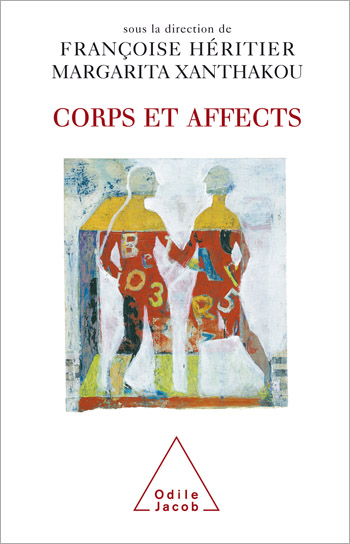
Françoise Héritier, Margarita Xanthakou
Body and Affects
The articles gathered here, written by eminent French anthropologists, present a novel angle on the way societies function. The writers argue that because societies are not abstract intellectual constructions, they cannot be dissociated from the physical individuals that constitute them, or from the affects (feelings and emotions) expressed by them. Included here are studies of Western and non-Western societies on such subjects as skin colour, religious rituals involving animals, witchcraft and flying sorcerers, passion in traditional North African cultures, and breast-feeding (both induced lactation to breastfeed infant girls and spontaneous lactation to breastfeed infant boys) in parts of Italy. Françoise Héritier is an anthropologist and teaches at the Collège de France. She is the author of Les Deux Soeurs et leur mère and Masculin/Féminin I and II, published by Editions Odile Jacob. Margarita Xanthakou, an anthropologist, is a research fellow at the Centre National de la Recherche Scientifique (CNRS).
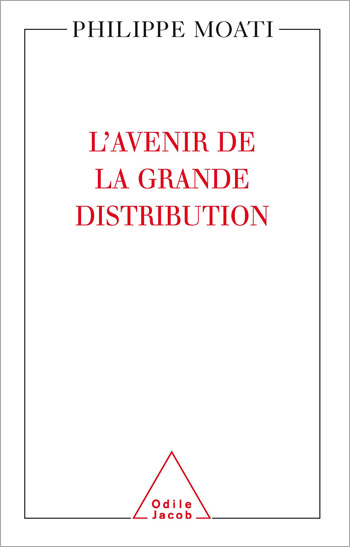
Philippe Moati
The Future of Large-Scale Distribution
Few phenomena have changed our urban centres as much as the birth of large-scale distribution: our towns ans cities have been transformed, as have our methods of purchasing, and even our places of social interaction have moved. This is perhaps only the beginning. In this book, Philippe Moati reviews the development of large-scale distribution during the three decades of prosperity that followed World War II and the economic crisis that succeeded them. He analyses the problems encountered by large-scale distribution today and examines the development strategies that are currently being put into practice and the revolutions which are perhaps to come. Philippe Moati teaches economics at the University of Paris-VII and is a director of research at CREDOC.
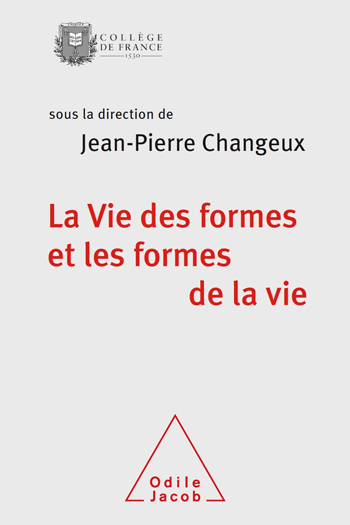
Jean-Pierre Changeux
The Life of Forms and the Forms of Life
Under the editorship of Jean-Pierre Changeux, a brilliant group of scientists and academics tackle the question of form

Christian de Duve
Seven Lives in One Nobel Prize winner's Memoirs
The life of an exceptional Nobel Prize winner, from childhood to scientific recognition and acclaim

